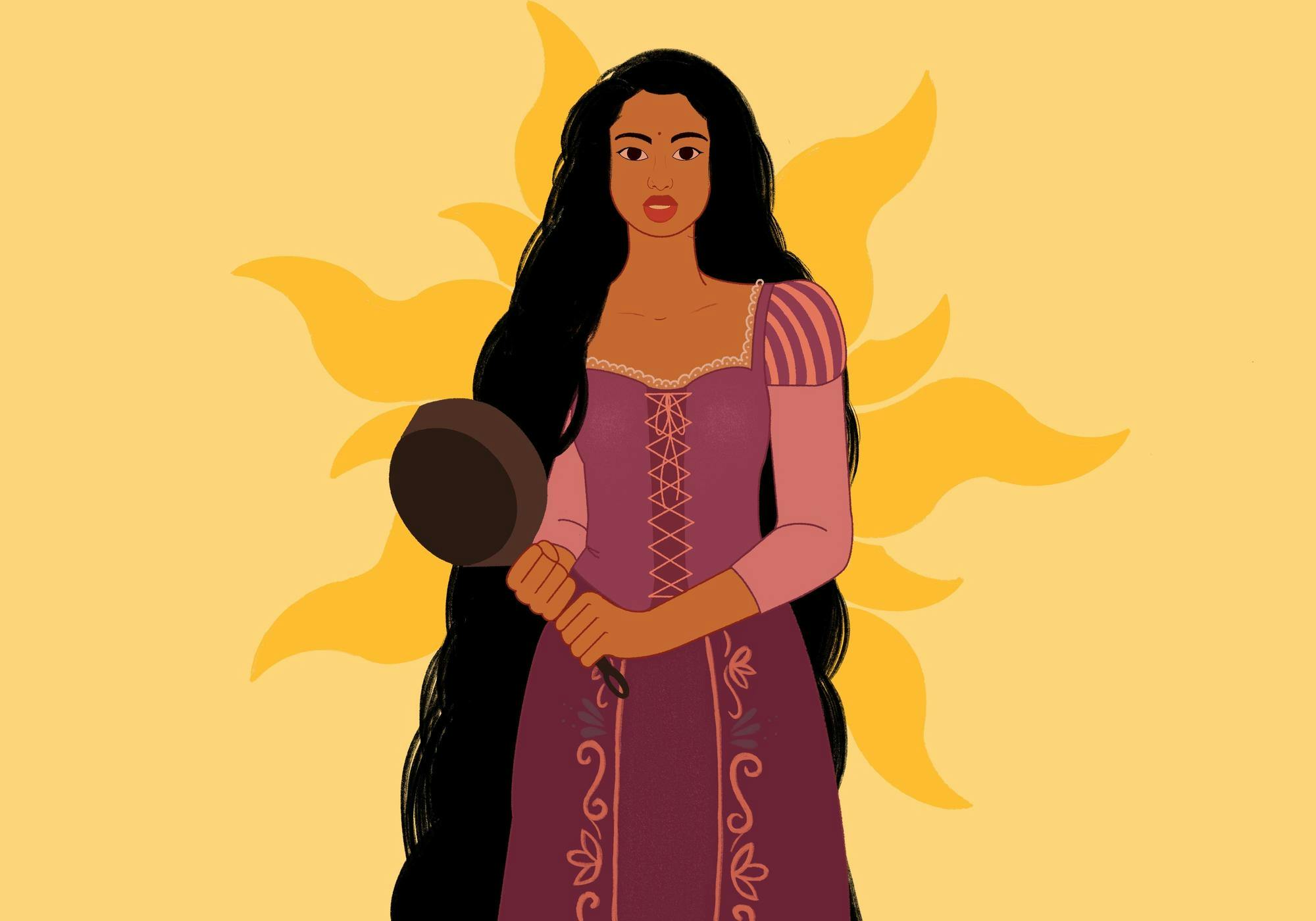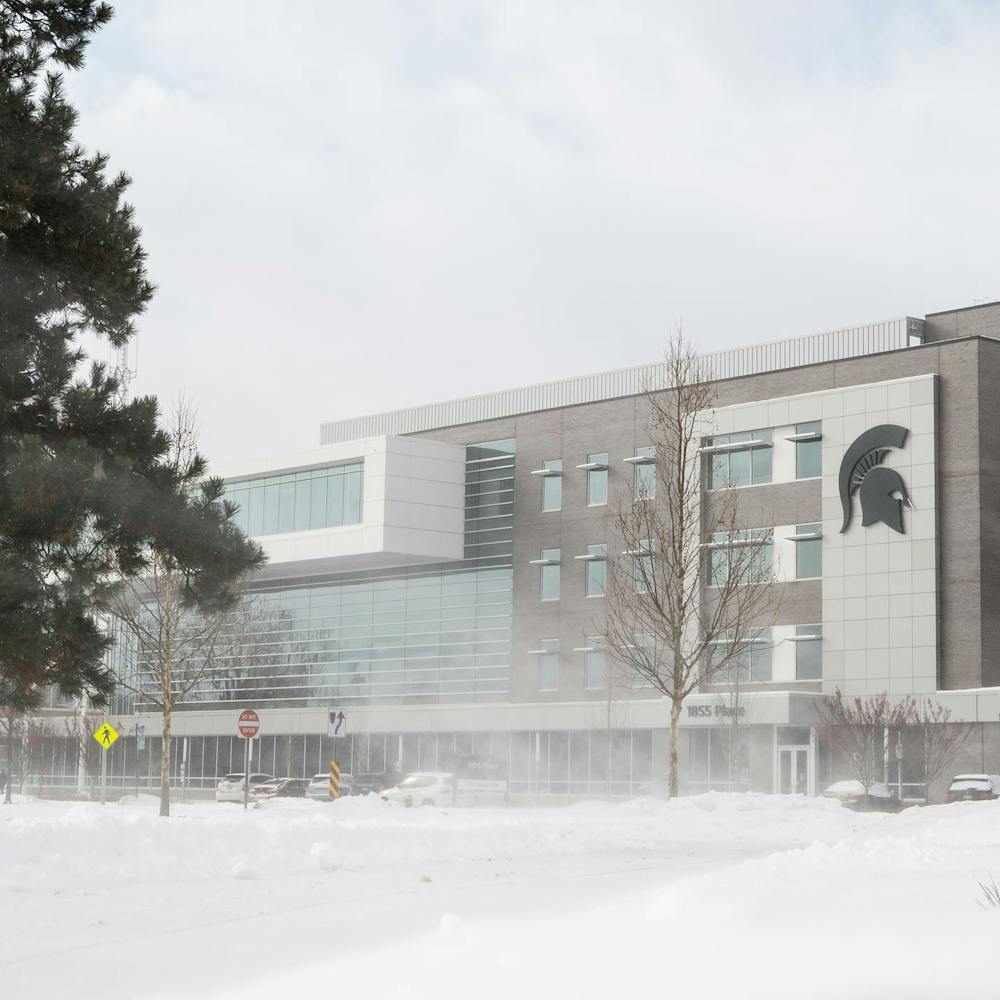A rumor spread across the internet has turned into the latest controversy dealing with casting a woman of color into a role previously represented as a white character.
A live-action remake of the famous Disney film "Tangled" has been rumored to be in the works, and a fan-cast of Indian-American actor Avantika Vandanapu as Rapunzel has gone viral online.
This public fan-casting was met with both vocal support and brutal backlash. The negative response was harsh and overwhelming. Many “Tangled” fans expressed their disapproval of considering Vandanapu for the role on the grounds that she does not look like the white, blonde and blue-eyed character from the original animated film.
"I just feel like the hostility she received was a product and indicator of how South Asian history in the U.S. has been erased, and definitely, like very racist," computer science junior Noyonika Puram said. "It's also something that's swept under the rug. It's not treated with the seriousness that it should be."
This phenomenon is nothing new for the entertainment industry. Recently, actors Halle Bailey, Rachel Zegler and Leah Sava Jeffries have all been targets of ridicule online because of their statuses as women of color playing traditionally white roles.
Michigan State University film studies professor Jeff Wray explained that some white Americans often feel ownership over fictional characters that they would deem to be their own and strongly resist any depictions of them that aren't white.
"Traditional American values, or, you know, 'Make America Great Again,' is so steeped in kind of a white supremacist culture that claims that, 'Now this is mine; this is my birthright, and anything that challenges that I will resist,'" Wray said. "So it's not something that's out of the ordinary, not something that's exceptional. It's a vestige of what is in the United States. I think for many of us who want to change it, we have to realize how deep it is."
University of Kentucky women’s and gender studies professor Aria Halliday agreed this vocal disapproval is not surprising and can be harmful for people of color who are hearing that their representation is not wanted by some.
"Now, to say that we want it represented by someone else, and that it becomes a kind of larger problem, I think pushes especially younger folks to think about who they are and what they're supposed to look like to be accepted," Halliday said. "I think that's a major problem just in terms of U.S. media and culture."
Just as people of color have fought and continue to fight for acceptance and equality in American society, Wray said, the fight for positive representation in mainstream media is important, too.
"The fight for, I guess I would say for your imagination, or for fictional characters, or for what is going on in your head in terms of representation, is also a very real kind of fight," Wray said. "Folks are very resistant to that kind of change."
People of color deserve to see themselves in a vast variety of genres without fear of public ridicule and hostility from others, Puram said, especially in fantasy films for young people, like Disney princess movies.
"Representation is so important just because I feel like fantasy is something that has been gatekept from people of color for a long time, and for children to be able to see themselves in all kinds of media, not just historical media or media that's supposed to depict ethnic stories, but any kind of stories, and know that they can be anything," Puram said. "I feel like that's really important."
Support student media!
Please consider donating to The State News and help fund the future of journalism.
Discussion
Share and discuss “Women of color continue to receive backlash for adaptation roles ” on social media.







